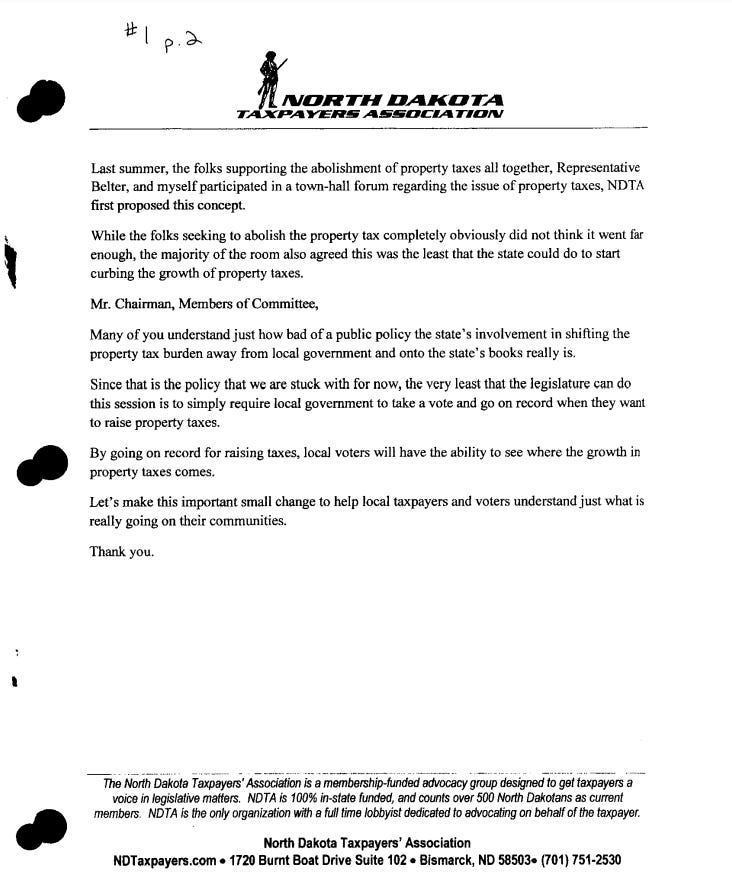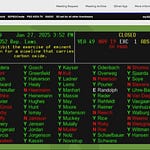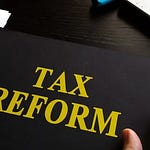Property Taxes are overly complicated, and that complicatedness is one reason they are so hard to reform (that, and the legislature’s unwillingness to try anything).
Yesterday, the Burleigh County Commission held a special meeting to have the Auditor, Tax Equalization Director, and other staff members explain to them why despite their efforts to freeze the county’s dollar-basis budget and reduce the mill levy that people are still getting notices saying their individual tax burdens are increasing.
The commissioners were told “that’s how the property tax system works” - primarily because of the way property values go up at different rates for each property.
Local control is of the overall budget - not how that budget translates to individual property owners when the mill levy is applies to their latest property valuation numbers.
You can watch that video above. It is a great illustration of how the property tax system is so complicated, the local officials making the decisions don’t have the control they think they have - even when they are trying to take a conservative approach like freezing the year-over-year budget in a way that reduces the mill levy.
I spoke from the audience at this meeting about the issue, and the legislature’s inability to fix these issues over the last decade.
Primary Issue: Taxing Unrealized Capital Gains
The fundamental problem with the way that property values interact with the mill levy is that every year there is an increase of tax revenue demanded on the Unrealized Capital Gains associated with the property increasing in value one year to the next.
Taxing unrealized capital gains is a policy that fundamentally deters investment in general. It is why investment accounts in stocks and bonds do not tax the assets until there is a transaction that generates profits.
In fact, taxing unrealized capital gains is such bad policy, the IRS has a special process for investors to move in and out of similar property and avoid getting penalized called the “Section 1031 Swap”.
So even the IRS understands it is bad policy that hinders investment to tax assets until they are truly liquidated into profits.
Other states like California back in the 1970s passed measures like Prop 13 to only re-assess property value upon sale. While this solved the immediate problem, it created other problems (like a shortage of housing causing to hyperinflation of home values to new buyers).
There have been attempts to address this in North Dakota, but they have not gotten too far.
The History Of Trying To Remedy Automatic Property Tax Increases
Back in 2011, there was legislation that originally attempted to mitigate the Automatic Property Tax Increase generated by property values going up.
House Bill 1194 sought to remedy this problem by requiring a vote of local government officials to increase budgets and end Automatic Tax Increases.
The principle behind this concept was that "when values go up, mill levies must come down." Local government could no longer ride the AUTOMATIC PROPERTY TAX INCREASES. Local government could still raise their budgets by taking a vote, but they would have to go on record doing so, rather than just letting the valuation inflation do it for them.
That bill was watered down to being simply a notification law if mill levies were going to increase at all.
Here is the documented history of HB 1194 in 2011, below is the testimony I submitted at that time on that issue.
Even this failed approach would not resolve the problem in Burleigh County right now - which is caused by the fact that not every property goes up in value by the same percentage.
There is no silver bullet - reforming property taxes will require a multi-pronged approach. But the inaction of the last decade has led to the existence of Measure 4’s attempt to abolish property taxes entirely.

















Share this post